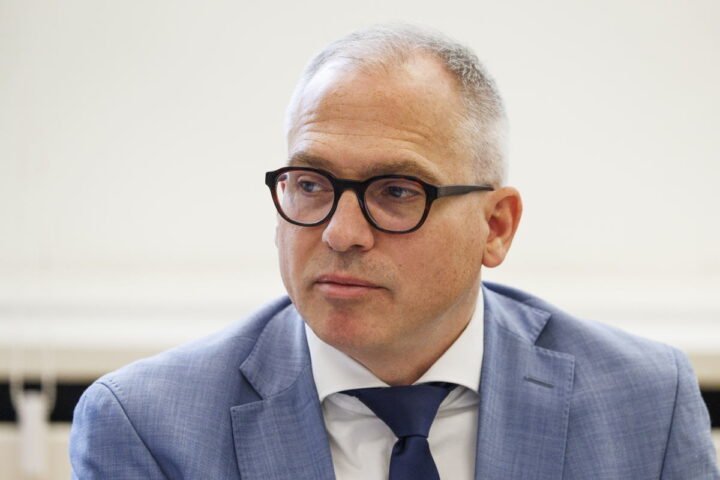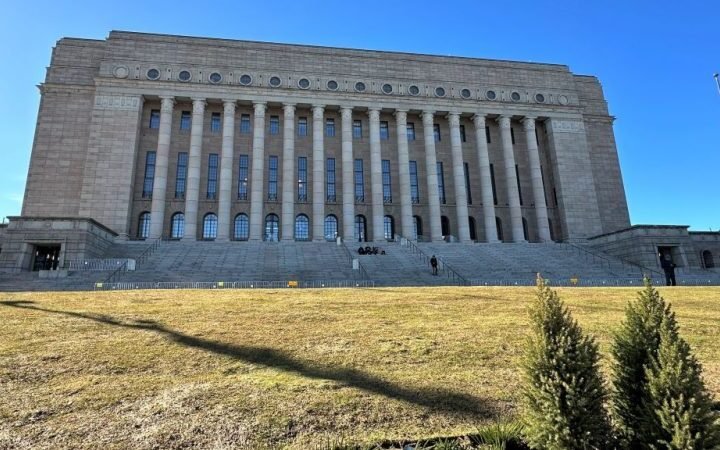The Belgian Parliament approved three significant measures addressing domestic justice, migration policy and international human rights early Friday morning. The plenary session saw the green light for an emergency law to combat prison overcrowding, stricter rules on family reunification and a resolution urging the EU to label Iran’s Revolutionary Guard a terrorist organisation., reports 24brussels.
Emergency law to address prison overcrowding
To tackle the country’s worsening prison overcrowding crisis, MPs passed an emergency law proposed by Minister of Justice Annelies Verlinden (CD&V). Belgian prisons are currently housing over 13,700 inmates, despite a capacity of just over 11,000. The overflow has forced many to sleep on the floor, while approximately 4,000 convicted individuals remain free due to suspended sentences.
The emergency law prioritises alternative sentencing. Judges will now be required to justify any prison sentence of up to three years, and for terms of up to six months, alternative sentences will be mandatory. It also reverses a previous rule by former Justice Minister Vincent Van Quickenborne (Open VLD), which mandated all sentences under three years be served in prison.
Under the new law, early release is possible after serving one-third of the sentence, and even sooner with ankle monitors. Those convicted of terrorism or sexual offences are excluded from early release provisions.
An amendment introduced by the majority further prohibits perpetrators of serious crimes like domestic violence, incest, or child abuse from serving their sentences at victims’ homes, even with the victims’ consent. This amendment follows a recent family tragedy in Houthalen-Helchteren, where a man previously convicted multiple times of various crimes severely injured his ex-wife.
The emergency bill passed with support from the majority parties, though Vlaams Belang and PS voted against it; other opposition parties abstained.
Parliament tightens family reunification rules
Parliament also passed stricter regulations on family reunification, a key channel for migration into Belgium. The changes, introduced by Minister for Asylum and Migration Anneleen Van Bossuyt (N-VA), include higher income thresholds: applicants must now earn at least 110 percent of the guaranteed minimum income (approximately 2,323 euros) plus an additional 10 percent for each extra family member.
The law shortens or removes condition-free periods for family members of refugees and extends the waiting period before newcomers can bring family to Belgium. Additionally, the minimum age for reunification has been raised to 21.
This bill received backing from the governing coalition, as well as Vlaams Belang and Open VLD, with the rest of the opposition voting against it.
Unanimous support for Iranian Revolutionary Guard resolution
In a rare show of unity, Parliament unanimously supported a resolution calling for the Iranian Revolutionary Guard to be added to the EU’s list of terrorist organisations, with only the Labour Party (PVDA) abstaining. The resolution highlights the plight of VUB professor Ahmadreza Djalali, sentenced to death in Iran in 2017, along with other political prisoners.
MPs urged the Belgian government to “take the necessary initiatives” to coordinate with EU partners regarding the listing and called for tougher economic sanctions against Tehran, including expanding the list of sanctioned individuals to judges, prison directors, and officials involved in human rights abuses.
Belgian Chamber in Brussels © BELGA PHOTO HERWIG VERGULT










